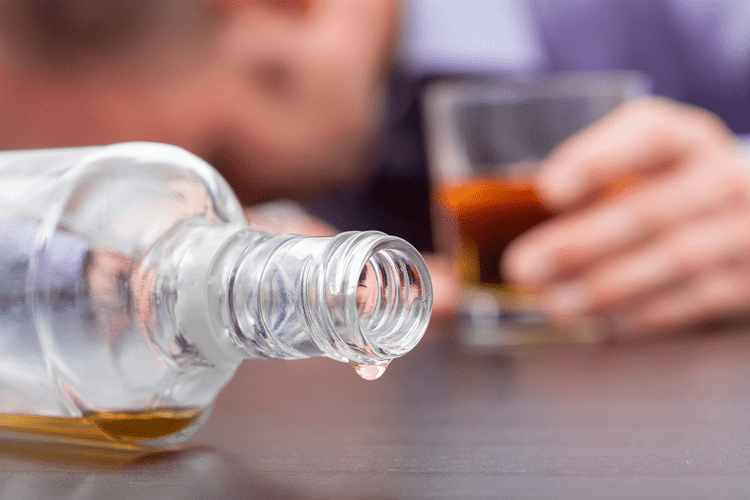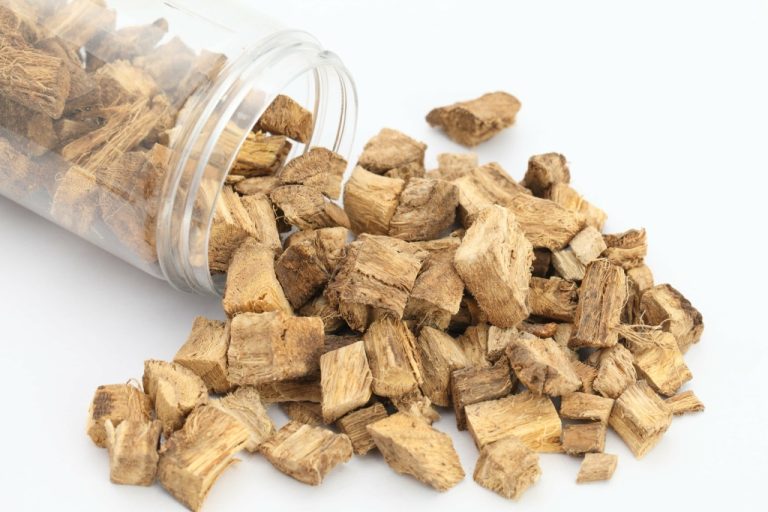To our knowledge, few, if any, longitudinal studies have examined the path from alcohol use to later depression or suicide-related behavior through escalating reliance on substance use to cope with stress. As discussed previously, however, there is solid theoretical justification for this pathway. For instance, the Acquired Preparedness model indicates that heavy drinking to deal with stress predicts escalations in drinking to cope over time, which in turn, facilitates the development of depression (Settles et al., 2010). The current study provides one of the few tests of this pathway from alcohol use to later depression via substance-use coping mechanisms. An important novel contribution of the current study is the use of longitudinal data across a critical developmental span, integrating both self-report and diagnostic measures.

It can also be used to develop novel interventions that might be useful to prevent stress-related alcohol consumption. Identifying specific moderators will help to tailor these preventive interventions to at high-risk individuals, which increases their potential efficacy and cost-effectiveness. In order to reduce the variance in biological measures (e.g. saliva cortisol) due to diurnal rhythms 111. It is also likely that the willingness to drink alcohol is smaller in the morning than in the evening while there is no influence of day time on alcohol consumption in the ad libitum taste test between 14p.m. Participants’ absence from alcohol is verified by taking a breathalyzer reading with any value above zero leading to the immediate end of the examination. Hair strands for basal cortisol secretion are taken scalp-near from a posterior vertex position to be able to reflect basal cortisol secretion within two months prior to the respective assessment point.
Take our quiz to see if you or a loved one needs substance use or mental health support.
They ensure that those beginning recovery are monitored for medical emergencies. Alcohol abuse and dependence can often arise from the use of alcohol as a coping mechanism. Using alcohol as a coping mechanism is a surefire sign that changes need to be made.
Treatment Options for Substance Misuse
Many people use alcohol to cope with trauma, particularly if it has not been resolved. If you have been https://ecosoberhouse.com/article/how-to-stop-using-alcohol-as-a-coping-mechanism/ through several stressful incidents, you may be more likely to acquire AUD. Depending on how they affect a person’s physical and emotional well-being, they can be either good or harmful. Social and environmental factors also play a significant role in why people turn to drugs and alcohol. Peer pressure, especially during adolescence, can lead to experimentation with substances.

What is PTSD?
- Some people consume alcoholic beverages because they want to enjoy themselves due to alcohol’s effects.
- If you or a loved one needs help for addiction, don’t hesitate to contact La Valley Recovery to begin the journey to recovery.
- The impact of stress on alcohol use and the risk of AUDs depends on the type, age, duration, and severity of the stress experienced 14.
- Diving into the unknown can feel uncomfortable at first but can lead you to clarity and a truer sense of self.
Drinking a glass of rosé or having a stiff glass of scotch can, indeed, provide you with a bit of relaxation up front, releasing endorphins and boosting serotonin levels, Graham says. “Even people who aren’t predisposed to anxiety and depression are now experiencing that, too,” she says. According to the American Psychological Association, nearly 80 percent of workers in the United States report feeling work-related stress.
Alternative Coping Mechanisms
With the decrease of these two brain chemicals, a person already navigating depression may experience even more intense depression. Though these behaviors might temporarily distract you from your stress, they eventually lead to physical and emotional harm. Adaptive coping mechanisms are positive coping skills, while maladaptive coping mechanisms are negative coping skills. Increasing your alcohol intake, particularly during stressful times, can also have numerous physical consequences. “It’s not advisable as a coping mechanism in times of stress,” says liver specialist Christina Lindenmeyer, MD.
National Depression and Mental Health Screening Month: Why It Matters
Contact Riverside Recovery of Tampa’s admissions team today to learn more about our treatment options for alcohol use disorder. Alcoholic drinks can make people feel more relaxed and happier than they would otherwise. Drinking may help people who feel anxious when they’re out socially because it makes them less nervous. Consuming alcohol enhances some people’s experiences but it can be harmful if used excessively.

People who struggle to manage their emotions may rely on drugs and alcohol to gain a sense of control over their feelings. Cultural and societal influences also play a role; in some cultures, substance use is seen as an acceptable way to deal with stress or social pressures. Additionally, societal expectations around success can lead individuals to adopt perfectionist attitudes, which can contribute to substance abuse. Many people who use alcohol to cope are seeking a sense of escape and relief, or permission to relax and unwind. It numbs feelings, such as anxiety, depression, or shame, without addressing them.
Who is more likely to develop alcohol use disorder?
I’ve spent the last seven years researching and understanding alcoholism, addiction, and how people get sober. Additionally, I examine the way mental and physical health as well as our relationships with others impact the reasons people drink and their role in maintaining sobriety long-term. Another way to stop emotional drinking is to connect with peers who are going through the same thing. Connecting with others going through similar experiences and trying to overcome emotional drinking can not only prove helpful in terms of coping skills but can also be motivating.
- We also provide physician care, where you can discuss your health goals and treatment options, including medication to stop drinking.
- Ms. Kelsey Magee presented preliminary findings of the current study during poster sessions at the 2017 American Psychological Association Annual Convention and the 2018 Society for Prevention Research Annual Meeting.
- Newer research indicates that even moderate drinking carries significant health risks and does not increase heart health.
- Part of the treatment of alcohol abuse is learning healthy coping mechanisms.
- Adaptive coping mechanisms empower you to change a stressful situation or adjust your emotional response to stress.
- If you have a family history of alcohol use disorder (AUD), your chances of developing AUD in your family are higher than those with such a genetic predisposition.
The loss of a loved one is considered one of the top five most stressful life events. Typically, alcoholism treatment people use alcohol to cope because it can temporarily numb emotional pain and provide an escape. “Coping mechanisms” and “defense mechanisms” are terms that are sometimes used interchangeably. However, coping mechanisms can be described as skills a person uses intentionally to deal with stressful situations, while defense mechanisms are often automatic (or subconscious). Understanding the root causes of substance use is a crucial step in addressing it effectively. Preventive measures, early intervention, and tailored treatment approaches can reduce the likelihood of substance misuse.
Gender Differences
You can find local support group meetings, online Facebook groups and other communities, and lots of helpful books, podcasts, and online resources. You deserve to find peace and relief, and there are lots of tools and communities to support you. Problem-focused coping aims to change or eliminate the source of your stress by directly confronting the issue. This type of coping works if you have some control over the situation that is causing you stress.